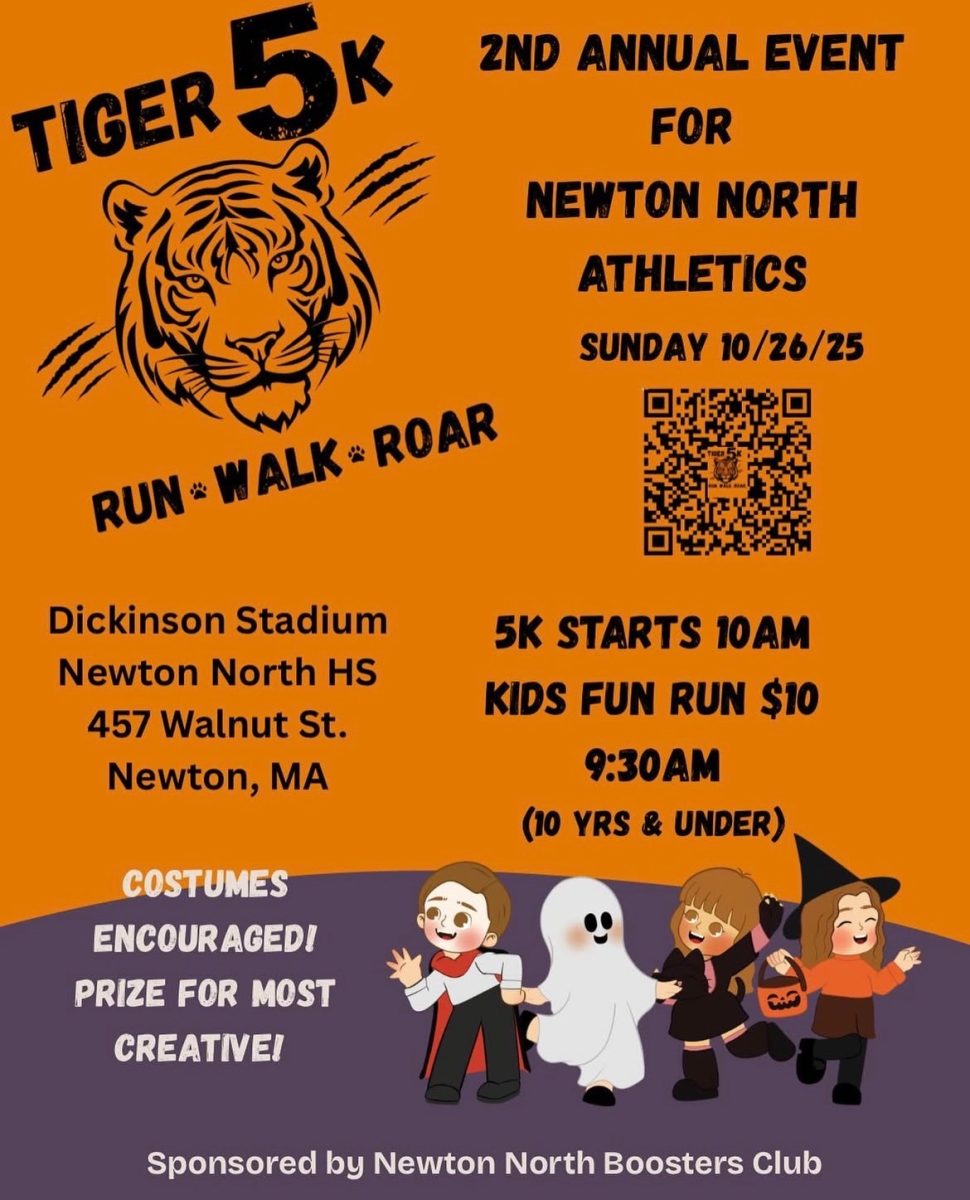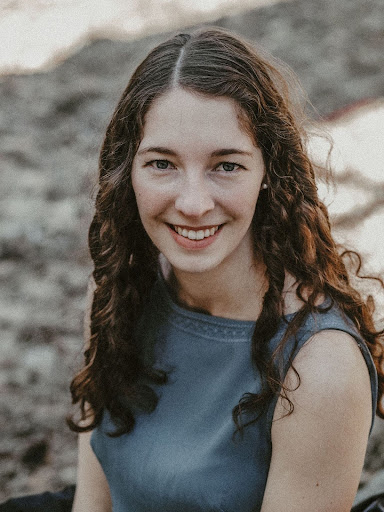by Samantha Libraty
After 19 years in jail for a crime he did not commit, panelist Dennis Maher said, “I do not resent being an American,” and that there are inevitable “problems in the justice system, but those things happen.”
Maher was one of three speakers on the Justice Panel. Federal public defender Paige Kelley and federal and state prosecutor John McNeil were also panelists, while history department head Jonathan Bassett moderated.
In 1983, Maher was arrested and was charged with assault and two rapes in Lowell and Ayer, Mass., he said. He was convicted of these crimes in 1984 and was sentenced to life in prison.
When he was convicted, Maher was asked if he wanted to say anything before he was taken to jail. Speaking to the judge, he said, “If you call this justice, then I think this is a crock.”
In 1993, Maher contacted the Innocence Project. “The project is a national litigation and public policy organization dedicated to exonerating wrongfully convicted people through DNA testing and reforming the criminal justice system to prevent future injustice,” its website explains.
Maher knew he was innocent, he just had to prove it, he said. In Massachusetts, there are no public funds for prisoners to start their own campaigns to prove themselves innocent, McNeil said. Massachusetts and Oklahoma are the only two states in the U.S. that do not have these funds.
To have his case accepted by the Innocence Project, Maher had to gather all of the papers associated with the case, he said.
A few years later, a writer for The Boston Globe interviewed Maher for an article about innocent men in prison, he said. The writer was sent by the prosecutor who charged him.
“So the prosecutor in my own case knew that I was innocent, and he was telling everyone this, but he wasn’t doing anything about it,” Maher explained.
At the end of their interview, the writer told Maher that the judge who had sat his trial, was retiring, he said.
“The day the judge retired, I contacted the Innocence Project again, and I got the papers to start the process,” he said.
In 2001, a law student from the Innocence Project found boxes of evidence from Maher’s case in the basement of the Middlesex County Courthouse, Maher said. The boxes contained clothing from the victim, which would provide DNA.
The clothing was sent to a top forensic scientist in California, he said. Maher was ruled out as the perpetrator of the crimes.
On Christmas Eve, 2002, Maher was told to call his lawyer in prison, he said. His lawyer told him he would be free.
“I had to wait to leave prison because I wanted to be exonerated,” he said.
On April 3, 2003, Maher was fully exonerated and released from prison after serving 19 years for a crime he did not commit, he said.
In 2005, Massachusetts passed its first compensation law. Maher was the first person to receive compensation, he said. He also settled with both the Lowell and Ayer courts, he added.
In Maher’s case, an innocent man served 19 years in prison, Bassett said. And, he is not the only one.
Kelley said, “The United States has a problem with mass incarceration. It locks up the highest percentage of its population in the world.”
She added, “One of the main issues in our justice system is eyewitness identification and how effective it is.”
Maher was first brought into the case because the rape victim had “some kind of response to his photo,” Maher said.
In response to questions about the U.S. justice system, Maher said, “I know that the system is flawed, but the courts, trials and most people are working.”
After his release, Maher said he received a lot of attention at first, but then it died down.
Maher is a diesel mechanic but does a lot of public speaking to “let people know that these things happen and how to help innocent prisoners,” he said.
He is also featured in a documentary called After Innocence.
Although their stories are different, “Zeitoun, Maher and others’ stories show us that under the American justice system, which is supposed to be very just, innocent people are sometimes imprisoned for crimes they did not commit,” Bassett concluded.














































